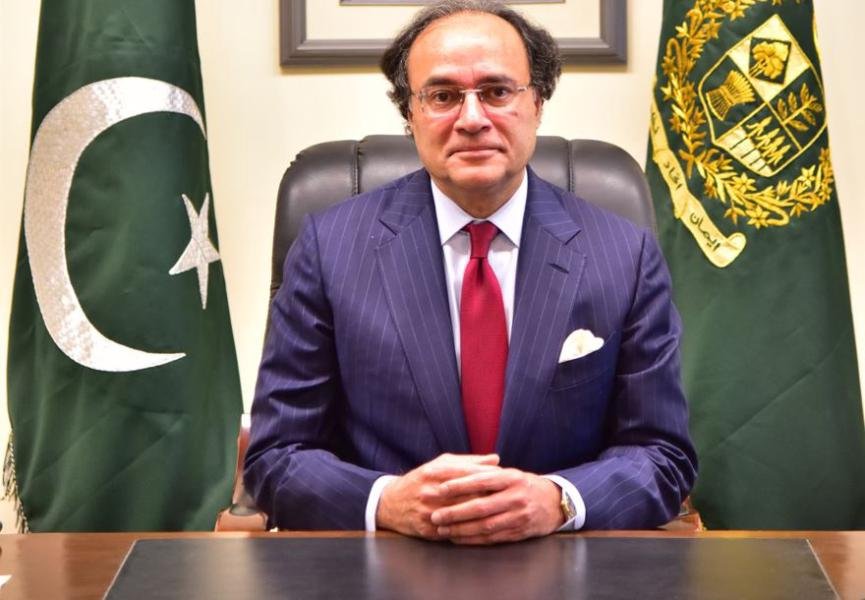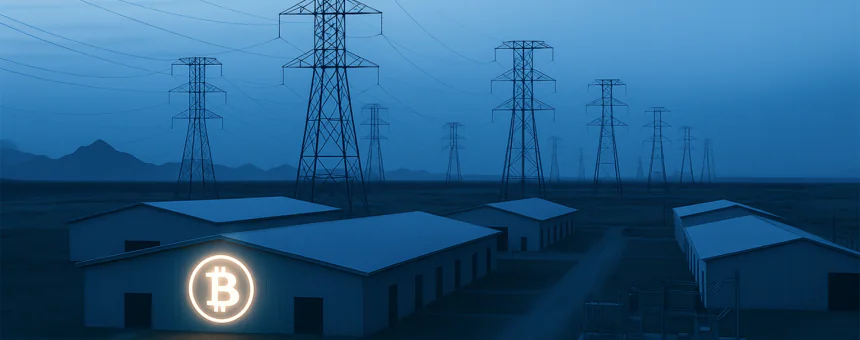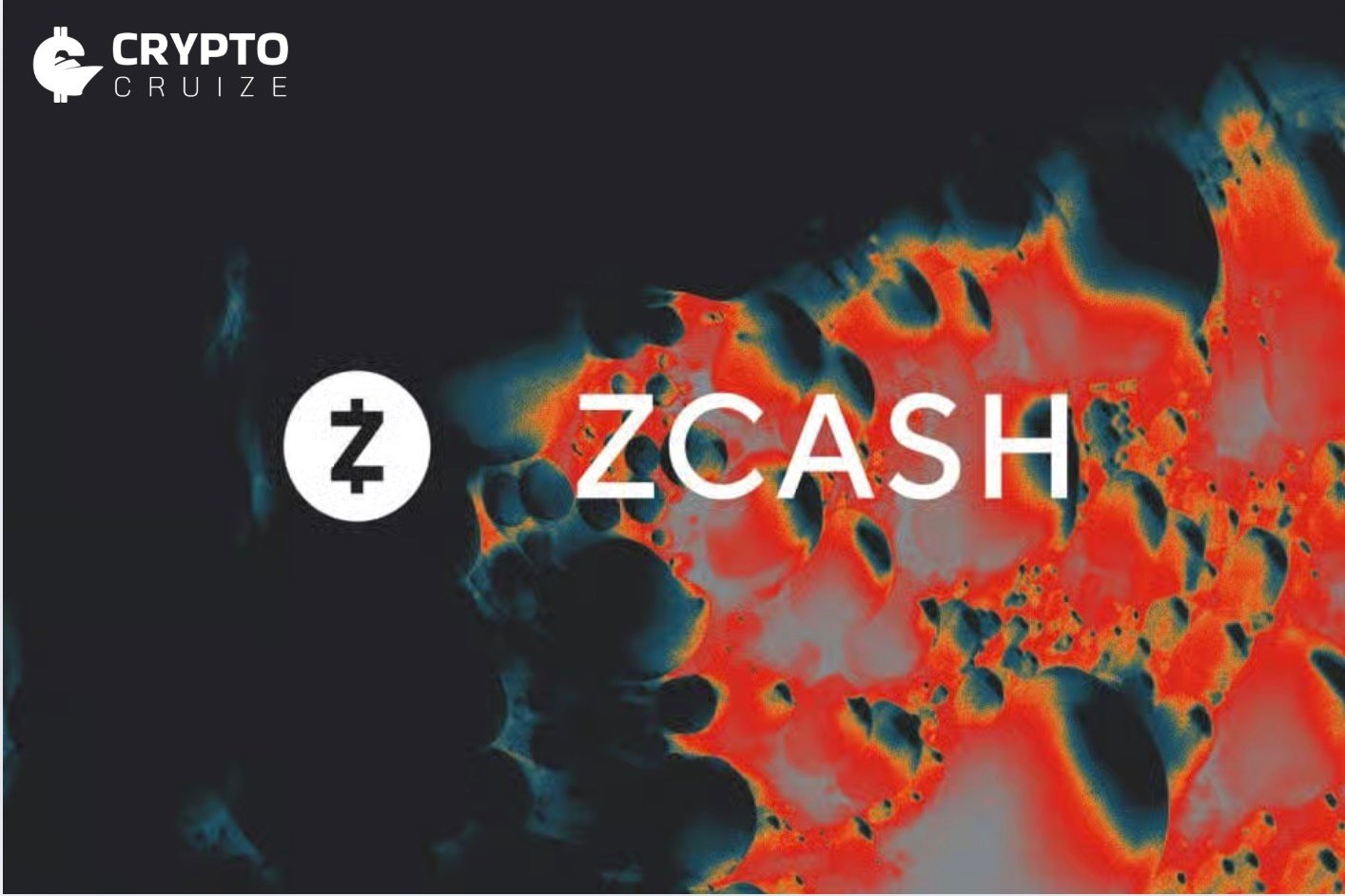In a bold move to cement its role on the global crypto map, Pakistan has unveiled plans for a Strategic Bitcoin Reserve and extensive infrastructure development centred around blockchain and artificial intelligence (AI). The announcement was made during a high-profile visit by Bilal Bin Saqib, Pakistan’s Minister of State for Crypto and Blockchain, to the White House, where he met with top officials from former President Donald Trump’s digital asset team.

Saqib’s meeting with Robert “Bo” Hines, Executive Director of Trump’s Council on Digital Assets, signals growing bilateral interest in decentralised finance (DeFi) and emerging digital economies. The visit also included consultations with the White House Counsel’s Office to explore legal frameworks surrounding blockchain governance and cross-border crypto cooperation.
Strategic Bitcoin Reserve and Mining Infrastructure
A key outcome of the White House meeting was the revelation of Pakistan’s Strategic Bitcoin Reserve, an initiative aimed at reshaping the country’s financial landscape. According to Saqib, the reserve will anchor a broader economic strategy focused on digital assets, transforming Pakistan into a regional leader in crypto innovation.
“We are not just experimenting with crypto, we are investing in it as national infrastructure,” Saqib said. “By launching our Strategic Bitcoin Reserve and repurposing surplus power for mining and AI, Pakistan is laying the foundation for long-term digital prosperity.”
The reserve is part of a larger blueprint that includes allocating 2,000 megawatts of surplus electricity for Bitcoin mining farms and AI data zones. The move aims to capitalise on underutilised energy while generating employment and boosting GDP through digital productivity.
Legal and Regulatory Framework Takes Shape
To support this ambitious roadmap, Pakistan is fast-tracking regulatory development. On 21 May, the Ministry of Finance approved the establishment of the Pakistan Digital Assets Authority (PDAA). This new body will regulate a wide range of digital financial instruments and platforms, including exchanges, wallets, tokenisation services, stablecoins, and DeFi applications.

The PDAA’s primary mandate will be to provide clarity and oversight in a fast-evolving ecosystem, helping to prevent misuse while encouraging responsible innovation. This regulatory initiative aligns with global efforts to legitimise crypto markets and attract institutional investment.
In tandem with legal developments, Saqib’s discussions with the White House Counsel’s Office focused on cross-border governance models for blockchain systems and digital asset taxation. These talks could potentially lead to future cooperation between U.S. and Pakistani regulators, a significant step toward global crypto harmonisation.
IMF Flags Energy and Economic Concerns
While the strategic reserve has generated global interest, it has also drawn scrutiny. On 31 May, the International Monetary Fund (IMF) raised serious concerns over Pakistan’s decision to allocate 2,000 megawatts of electricity for Bitcoin mining and AI development. The IMF, currently engaged in extended financial programme negotiations with Pakistan, questioned the move’s legality and sustainability.

The IMF’s objections are rooted in Pakistan’s chronic energy shortages and budgetary constraints. Diverting such a large volume of power toward crypto mining has triggered red flags in Washington and Brussels alike, where economic advisors are urging caution over potentially destabilising fiscal decisions.
The Finance Ministry has been asked to provide urgent clarification on how these allocations will be managed without exacerbating the country’s energy crisis.
A Digital Gamble with Global Implications
Pakistan’s entry into strategic crypto reserves and infrastructure investment places it among the first developing nations to integrate Bitcoin at a national policy level. While the initiative is visionary in scope, it hinges on balancing innovation with regulatory responsibility and macroeconomic stability.
Saqib’s engagement with the Trump-aligned crypto leadership underscores a growing geopolitical alignment around digital assets, especially as the United States eyes a stronger foothold in blockchain-led global finance.
The coming months will determine whether Pakistan’s crypto ambitions materialise into real economic transformation or whether global scepticism, regulatory bottlenecks and energy constraints derail what could otherwise be a landmark financial revolution.

























































